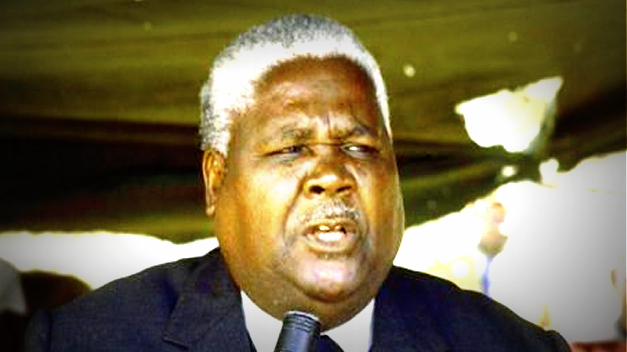
ZIMBABWE today remembers a gallant son of the soil, the late Vice-President Joshua Mqabuko Nyongolo Nkomo, who died on this day in 1999.
It is 15 years since the giant fell, but once again the commemorations would be led by pressure groups and the Nkomo family instead of the government.
Nkomo is an icon whose contribution in the building of modern Zimbabwe and his works speak for themselves.
However, it is the responsibility of the government of the day to keep his legacy alive. Some of Nkomo’s children have been calling for July 1 to be set aside as a national holiday, but there is no evidence the government is taking the proposals seriously.
A national holiday may not necessarily be the ideal way to remember him, but the authorities have to demonstrate that they are serious about preserving Nkomo’s revered name in the psyche of every Zimbabwean.
The government identified many projects that it said were meant to honour Nkomo for his leading role in the liberation struggle and in nation building.
To date, only the Joshua Mqabuko Nkomo International Airport in Bulawayo can be showcased as a legacy project befitting the former Zipra commander-in-chief’s name.
The government is still battling to operationalise the Ekusileni Medical Centre in Bulawayo whose construction was inspired by Nkomo after he experienced the agony of having to travel outside Zimbabwe to seek medical treatment.
- Chamisa under fire over US$120K donation
- Mavhunga puts DeMbare into Chibuku quarterfinals
- Pension funds bet on Cabora Bassa oilfields
- Councils defy govt fire tender directive
Keep Reading
Nkomo had a vision to empower ordinary people and went on to help set up the Development Trust of Zimbabwe (DTZ).
The DTZ is crumbling partly because of plain sabotage and the reluctance by the government to further Nkomo’s vision.
Equipment acquired through Nkomo’s help was allowed to gather dust in Norton, Esigodini and at Balu Estates instead of furthering Nkomo’s interests of ensuring that Zimbabwe’s economy was self-sustaining.
There are many other things that are yet to be done to show that we appreciate Nkomo’s contribution to the liberation struggle and nation building. But his legacy lives on.










